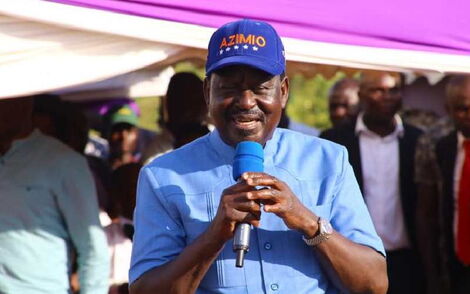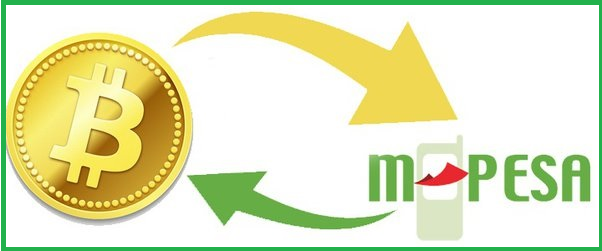Azimio la Umoja principal, Raila Odinga, defended his stance on compelling the government to import genetically modified crops (GMOs) in 2011, insisting that his decision was based on limited information at that time.
In the decade-old clip, the former PM castigated GMO critics, accusing them of failing to embrace technological advancement in the agricultural sector.
“Conservatism will kill innovation,” Raila then claimed, sparking uproar from a section of Kenyans who accused him of doublespeak.
However, in a statement issued on Monday, November 21, the former Prime Minister stated that scientific evolution and research had disclosed the negative side effects of GMO products.

“More than ten years later, new information has emerged, most of it against GMOs, as scientific scrutiny on has intensified, leading to his change of mind,” Raila’s Communication Director, Dennis Onyango, responded to the video.
“As science has evolved over the last decade, so has Mr Odinga’s thinking on GMOs,” Onyango added.
However, the Orange Democratic Movement (ODM) party leader vowed to support President William Ruto’s administration if they presented new scientific research supporting the safety of GMO products.
“Odinga will stand ready to embrace that new information,” the statement added.
He maintained that lifting the ban on GMO products and their importation amounted to an infringement of Kenyan rights.
He also reprimanded President Ruto’s administration for serving foreign interests at the expense of the country’s demands.
Raila’s sentiments came hours after the Kenya Conference of Catholic Bishops urged Trade Cabinet Secretary, Moses Kuria, to retract his controversial remarks on GMOs and apologise too.
Kuria had stated that the 10 million duty-free GMO maize cleared for importation could be added to Kenya’s list of causes of death.
“We have so many things that can kill us in the country. Being in this country, you are a candidate for death,” Kuria stated.
“And because so many things compete for death, there is nothing wrong with adding GMOs to that list. That is why we have deliberately allowed GMO until we are satisfied that we have enough maize,” he added.

Source: kENYANS.CO.KE











